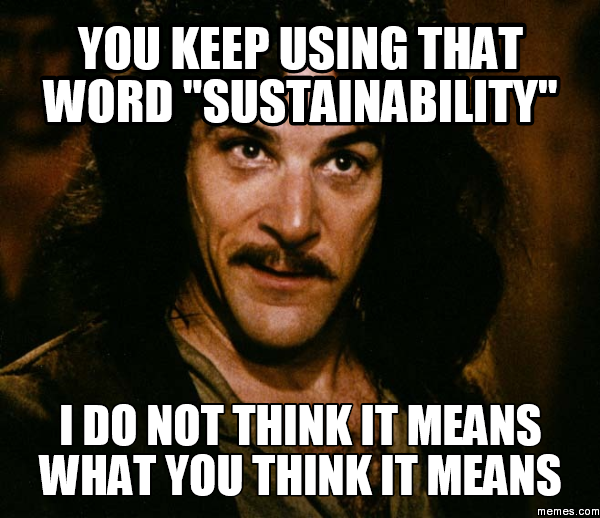5 Tips to Sustainability Success

You are leading your company or organization through a life cycle assessment (LCA). And you’ve never been part of one before. It’s a daunting task; where do you begin? How do you plan something so massive and involved? How long does it take to ensure you do it right? It can feel like a steep hill to climb.
That’s how we felt a few years ago when leading the Beef Checkoff through a LCA (which, at the time was groundbreaking as it was the first of its kind and most comprehensive of a food system). But we knew we needed to do it.
The beef community’s attitude toward sustainability is that it’s a journey – not a destination. We must continually improve. We have over the past decades and we strive to for decades to come. The LCA set us on a direct path to ensure we continue to do so.
It’s a process, but it’s worth it. Here are a few things we learned along the way:
1. Sustainability can mean different things for different organizations. Find out what it really means to yours.

Defining sustainability can be a challenge, as it can mean different things to different stakeholders. Think about what values your organization finds important.
To cement ours, we involved a neutral third party to analyze perceptions and opinions about beef production practices from a variety of stakeholders and leaders. And we ended up with economic, environmental, and social contributions.
2. It doesn’t happen overnight.
 An LCA is a long process. Don’t rush yourself. It’s a process for a reason. Take the time to do it right.
An LCA is a long process. Don’t rush yourself. It’s a process for a reason. Take the time to do it right.
This is particularly true when you are working with a food system as complex as beef. Our LCA assessed the entire value chain – from the ranch, to the feedyard, to the packing plant, to the retail and foodservice sectors and on to the consumer – to account for inputs and outputs. We accounted for every aspect of production, from growing animal feed to the disposal of packaging by the final consumer.
It took years, many perspectives and an incredible amount of work to complete, and meeting future benchmarks set as a result will take continued industry focus. But we are okay with that; we are committed to that.
3. Keep stakeholders involved throughout the process.

When stakeholders are involved in the LCA process they will likely be committed to implementing and building upon changes and continuous improvement based on the results. This was crucial for us. Think about it! A cow will change owners multiple times during its lifetime before it is processed for beef.
Thanks to the LCA, the entire beef community has a path to raising beef sustainably. They were part of the process. It is no easy task to unify the entire value chain, but farmers and ranchers today carve a path for future generations.
4. Choose the “right” benchmarks to report success.

A LCA is a process. And we know stakeholder engagement is crucial. One way to keep stakeholders engaged is clear and regular reporting.
Our LCA examined thousands of individual data points and then created models to simulate specific aspects of beef production practices so that this data and these results are truly representative of beef production in the United States.
We could then report both on improvements made and speak to where we can focus to continue to improve more. For some perspective, from 2005 and 2011 the beef industry had the follow successes:
- 32 percent reduction in occupational illnesses and accidents
- 10 percent improvement in water quality
- 7 percent reduction in landfill contributions
- 3 percent reduction in water use
- 2 percent reduction in resource consumption and energy use
- 2 percent reduction in greenhouse gas emissions
We now have appropriate benchmarks to track our progress.
5. Realize there is always more to do. And be inspired by that!
 What’s next for beef? Continuous improvement. Continued innovation. This will happen through multi-stakeholder initiatives like the U.S. Roundtable for Sustainable Beef and through additional scientific research, including regional data collection for example. We look forward to what the future has in store.
What’s next for beef? Continuous improvement. Continued innovation. This will happen through multi-stakeholder initiatives like the U.S. Roundtable for Sustainable Beef and through additional scientific research, including regional data collection for example. We look forward to what the future has in store.
This post brought to you by the National Cattlemen's Beef Association, a contractor to the Beef Checkoff.



